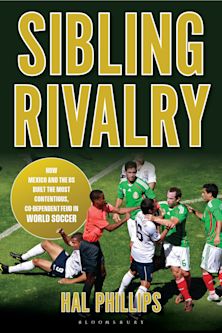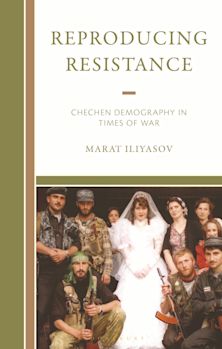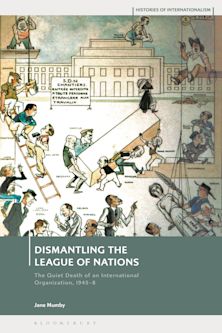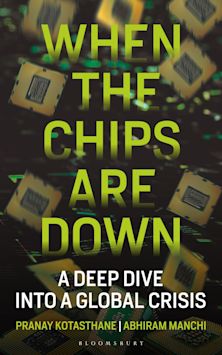New Directions in Peacebuilding Evaluation
New Directions in Peacebuilding Evaluation
This product is usually dispatched within 1 week
- Delivery and returns info
-
Free US delivery on orders $35 or over
Description
In this landmark collection, the voices of pathmakers and innovators in peacebuilding evaluation are assembled to provide new direction for the field. Stock is taken of the development and challenges of engaging in the real-time learning that evaluation requires. Best practices for overcoming challenges are discussed and critiqued, as well as some of the basic assumptions guiding the field. New means of gathering information and understanding conflict processes are offered and examined. To continue to evolve and strengthen peacebuilding practices and professionalism, multiple calls are issued for collaborative learning and a field-wide effort at community inquiry.
Table of Contents
Introduction
Part I: Taking Stock
Chapter 1: A Refresher on Evaluation
Tamra Pearson d'Estrée
Chapter 2: Peacebuilding Evaluation: Two Decades of Evolution
Cheyanne Scharbatke-Church
Chapter 3: Challenges in Peacebuilding Evaluation: Voices From the Field
Mohammed Abu-Nimer
Chapter 4: Talking for the Sake of It, or Making a Difference? Measuring and Evaluating Track Two Diplomacy
Peter Jones
Part II: New Directions
Chapter 5: Scrambling after Moving Targets: Monitoring & Evaluation Applied to Adaptive Management Approaches in Peacebuilding
Peter Woodrow & Isabella Jean
Chapter 6: Using Action Evaluation to Identify Shared Conceptions of Success: Towards Generating Islands of Theory
Jay Rothman & Deborah Sachare
Chapter 7: Everyday Peace Indicators: Renegotiating Rigor for Peacebuilding Evidence
Pamina Firchow & Zach Tilton
Chapter 8: Judging Peacebuilding: Attending to Values in Evaluation
Reina Neufeldt
Part III: Increasing Capacities
Chapter 9: Reflective Practic
Product details
| Published | Nov 11 2019 |
|---|---|
| Format | Hardback |
| Edition | 1st |
| Extent | 258 |
| ISBN | 9781786612434 |
| Imprint | Rowman & Littlefield Publishers |
| Illustrations | 9 b/w illustrations;2 tables; |
| Dimensions | 9 x 6 inches |
| Series | Peace and Security in the 21st Century |
| Publisher | Bloomsbury Publishing |
Reviews

ONLINE RESOURCES
Bloomsbury Collections
This book is available on Bloomsbury Collections where your library has access.



































